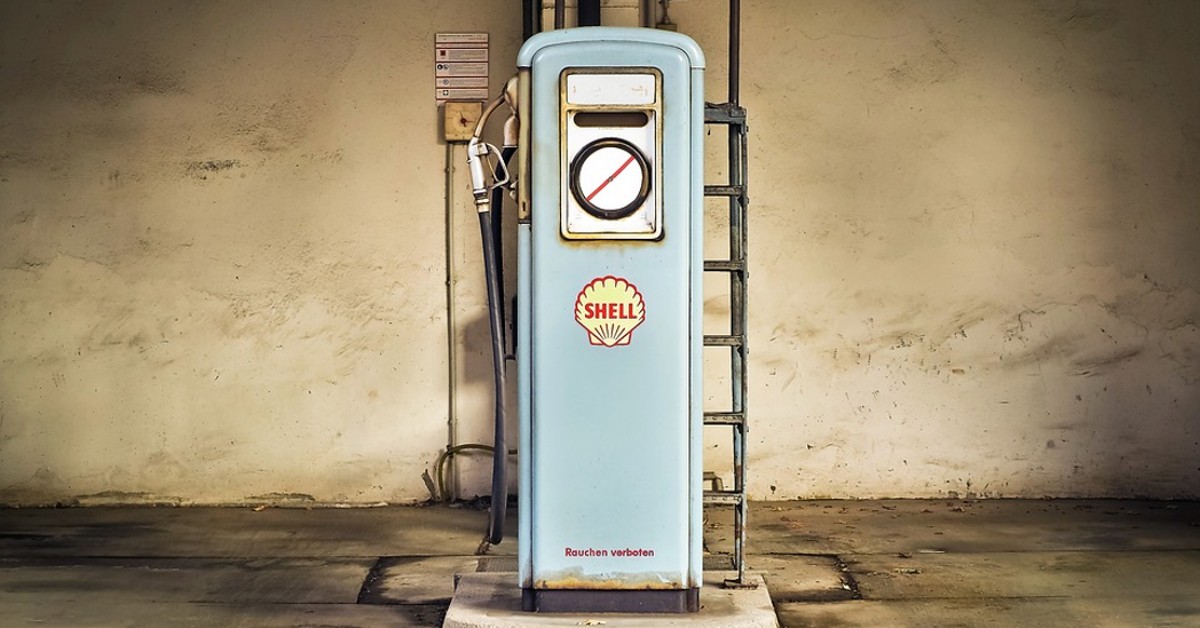Nigeria Set to Eliminate Petrol and Diesel Generators, What It Means for the Future of Energy
"right-bottom">

The Nigerian president, Muhammadu Buhari, has announced a bold plan to completely eliminate the use of petrol and diesel generators in the country, aiming to shift towards cleaner and more reliable sources of electricity. This ambitious target, if achieved, could have significant implications for the energy sector not only in Nigeria but in Africa and beyond. In this blog post, we will explore the rationale behind the policy, the challenges it faces, and the opportunities it presents, with a focus on one brand of diesel generator, Durostar DS7200Q.
First, let's review the news content that inspired this post. According to Vanguard Nigeria, President Buhari made the announcement during a recent meeting with energy experts and stakeholders, where he outlined his vision for a sustainable energy future. He reportedly said:
"It is no longer acceptable for Nigeria to rely heavily on petrol and diesel generators for power, which are not only expensive but environmentally unfriendly. We must do everything possible to strengthen our electricity transmission and distribution systems and encourage the deployment of alternative sources of energy, such as solar, wind, hydro, and geothermal."
The president also acknowledged the challenge of achieving this goal, given the current state of the electricity sector in Nigeria, where more than half of the population lacks access to reliable and affordable power. He called for a collective effort to overcome the obstacles and achieve the desired outcome, stating that "we have no choice but to succeed."
So, what does it mean to completely eliminate the use of petrol and diesel generators in Nigeria? Does it mean that all the existing generators will be replaced with solar panels or wind turbines overnight? Not likely. The transition to a low-carbon energy system is a complex and gradual process that requires careful planning, investment, and policy support. It also involves addressing the root causes of the malaise in the electricity sector, such as inadequate infrastructure, corruption, and lack of incentives for private investment.
To understand the challenges and opportunities of this energy transformation, let's look at the example of Durostar DS7200Q diesel generator, a popular brand of large capacity genset used in Nigeria and other African countries. This generator has a rated output of 6.5kW and a peak output of 7.2kW, which makes it suitable for households, small businesses, and outdoor activities. It runs on diesel fuel, which is widely available and relatively affordable in Nigeria, but emits harmful pollutants such as particulate matter, nitrogen oxides, and sulfur dioxide, which contribute to air pollution and climate change.
Replacing all the Durostar DS7200Q diesel generators in Nigeria with solar panels, for instance, would require a massive investment in renewable energy infrastructure, storage, and grid integration, which may take years to realize. It would also require a significant shift in consumer behavior and preferences, as many people are accustomed to using generators as a backup or alternative source of power. Moreover, some users may not be able to afford the upfront cost of solar panels, batteries, and inverters, which may limit the adoption rate of renewables.
However, the elimination of petrol and diesel generators in Nigeria does not necessarily mean the end of the road for Durostar DS7200Q and other gensets. Instead, it may present an opportunity for the manufacturers to innovate and adapt to the changing market conditions. For example, Durostar could invest in research and development of cleaner and more efficient diesel engines that comply with the latest emissions standards, such as Euro VI, which are stricter than the current Nigerian regulations. This would not only reduce the environmental impact of diesel generators but also improve their performance and reliability, making them more competitive with other energy sources.
Alternatively, Durostar could diversify its product portfolio and offer hybrid generators that combine diesel engines with batteries or solar panels, providing a more flexible and sustainable solution for customers. Hybrid generators use diesel engines to charge the batteries or power the inverters when the renewable sources are unavailable, but switch to battery or solar power when the load is low or during the daytime, reducing the fuel consumption and emissions. This approach would allow Durostar to tap into the growing demand for hybrid and off-grid power systems in rural and urban areas, where the grid is either absent or unreliable.
In conclusion, the plan to eliminate petrol and diesel generators in Nigeria is a bold and necessary step towards a cleaner and more sustainable energy future. However, it requires a comprehensive and collaborative effort from all stakeholders, including the government, the industry, and the consumers. The challenges are enormous, but the opportunities are equally significant. Durostar DS7200Q diesel generator is just one example of how the energy transition could reshape the market dynamics and spur innovation. Whether it evolves into a cleaner diesel engine or a hybrid generator, it remains to be seen. But one thing is certain: the future of energy in Nigeria is in flux, and the time to act is now.